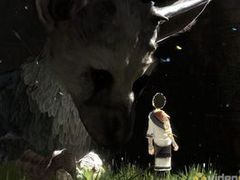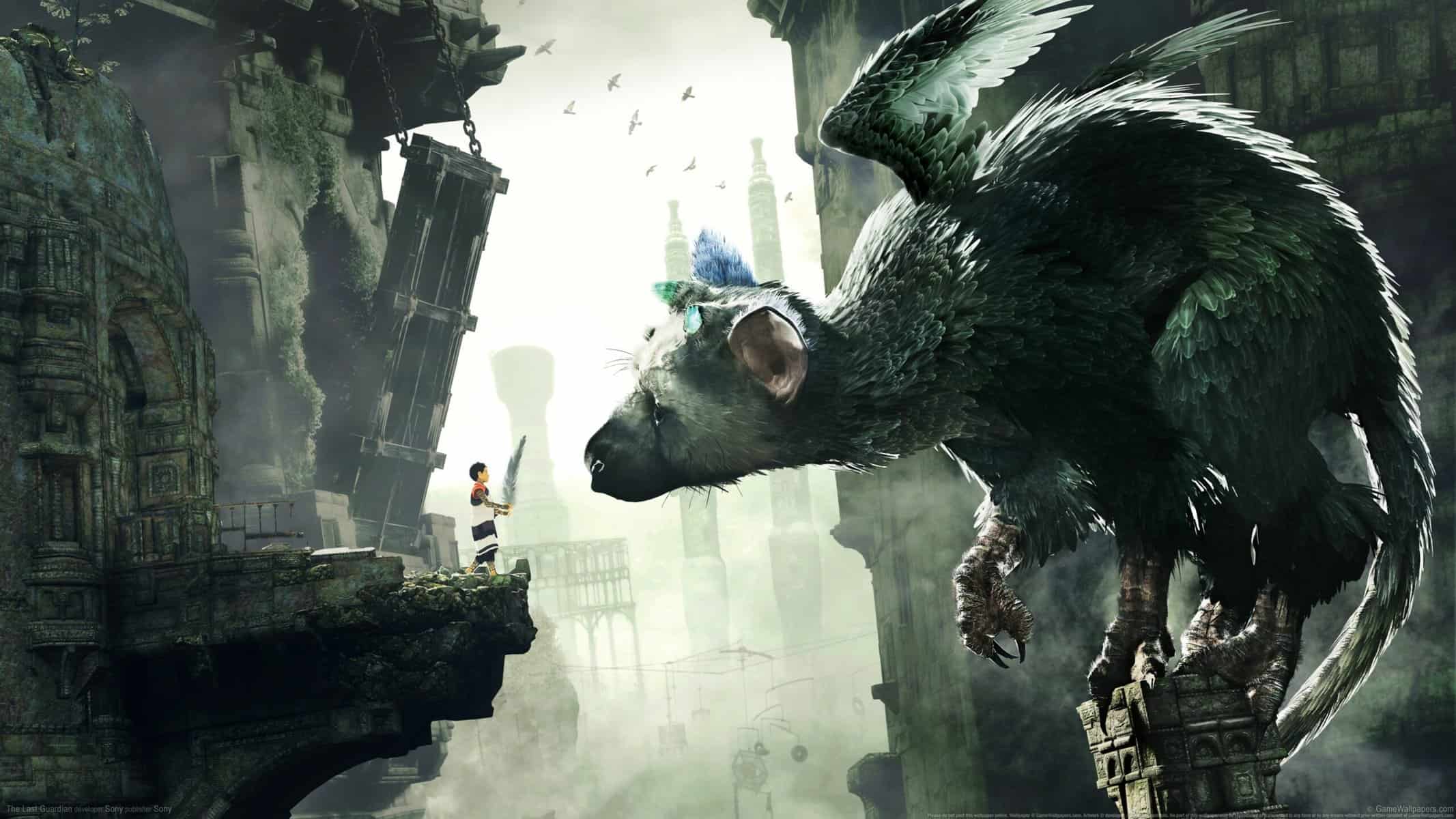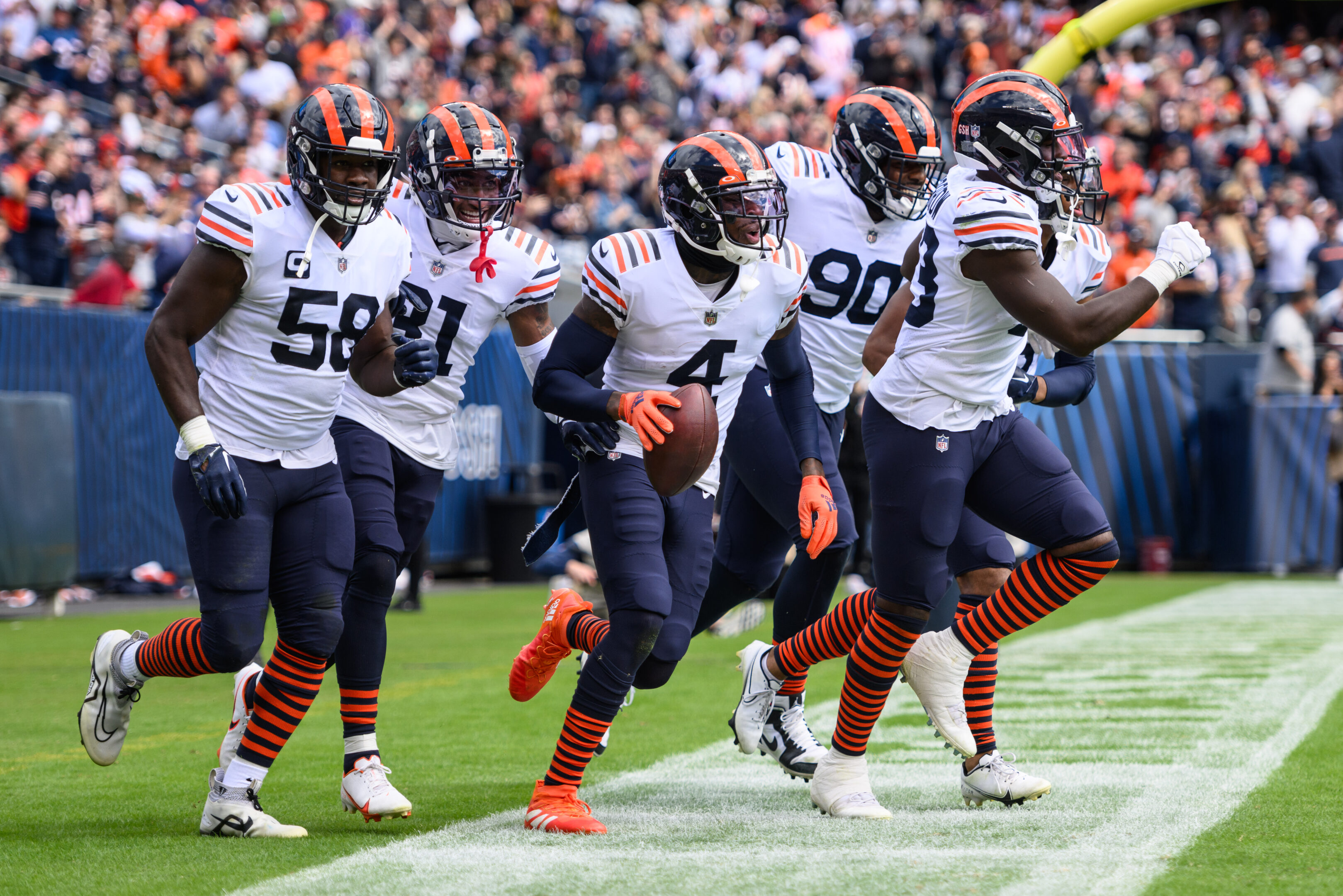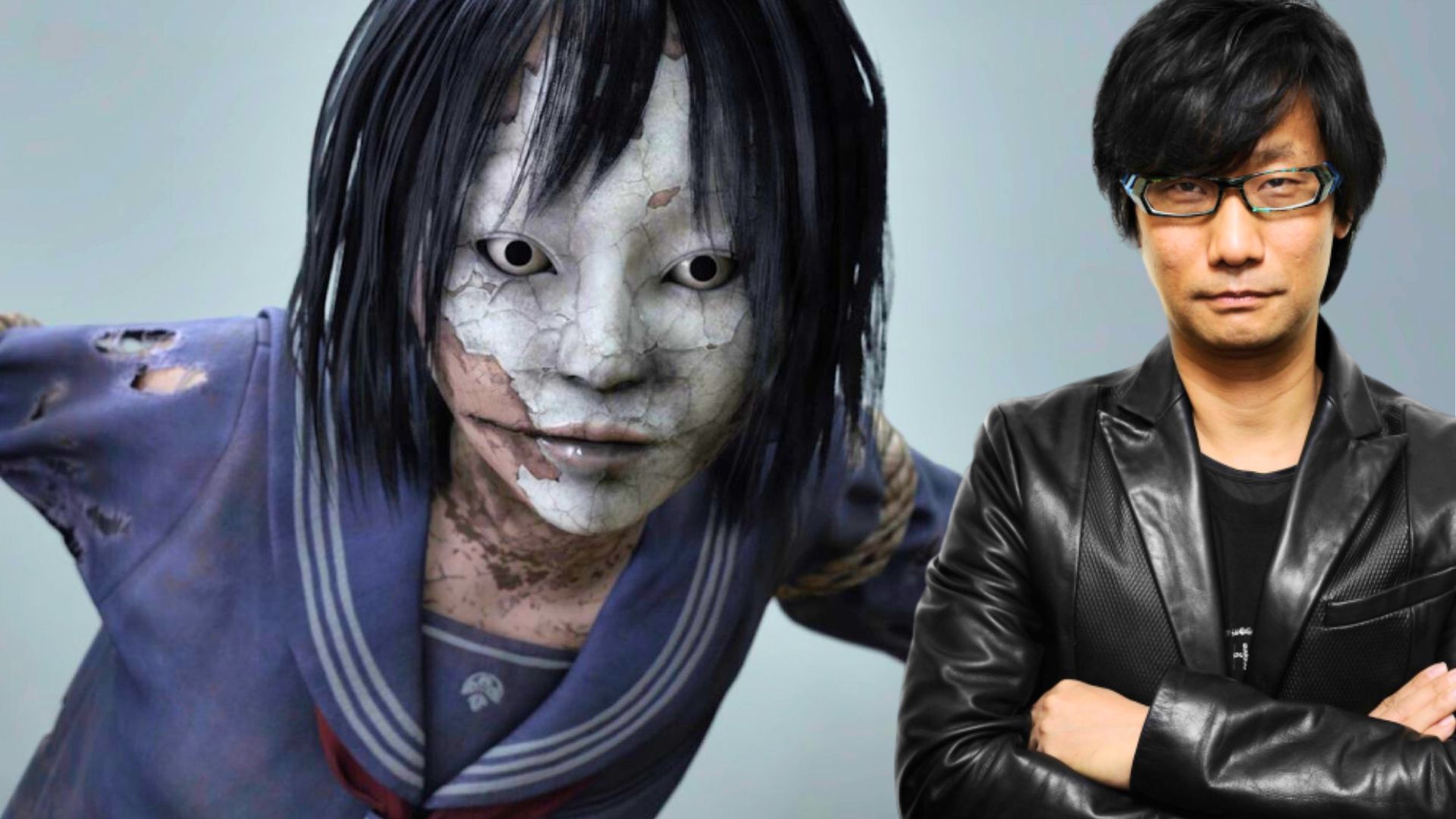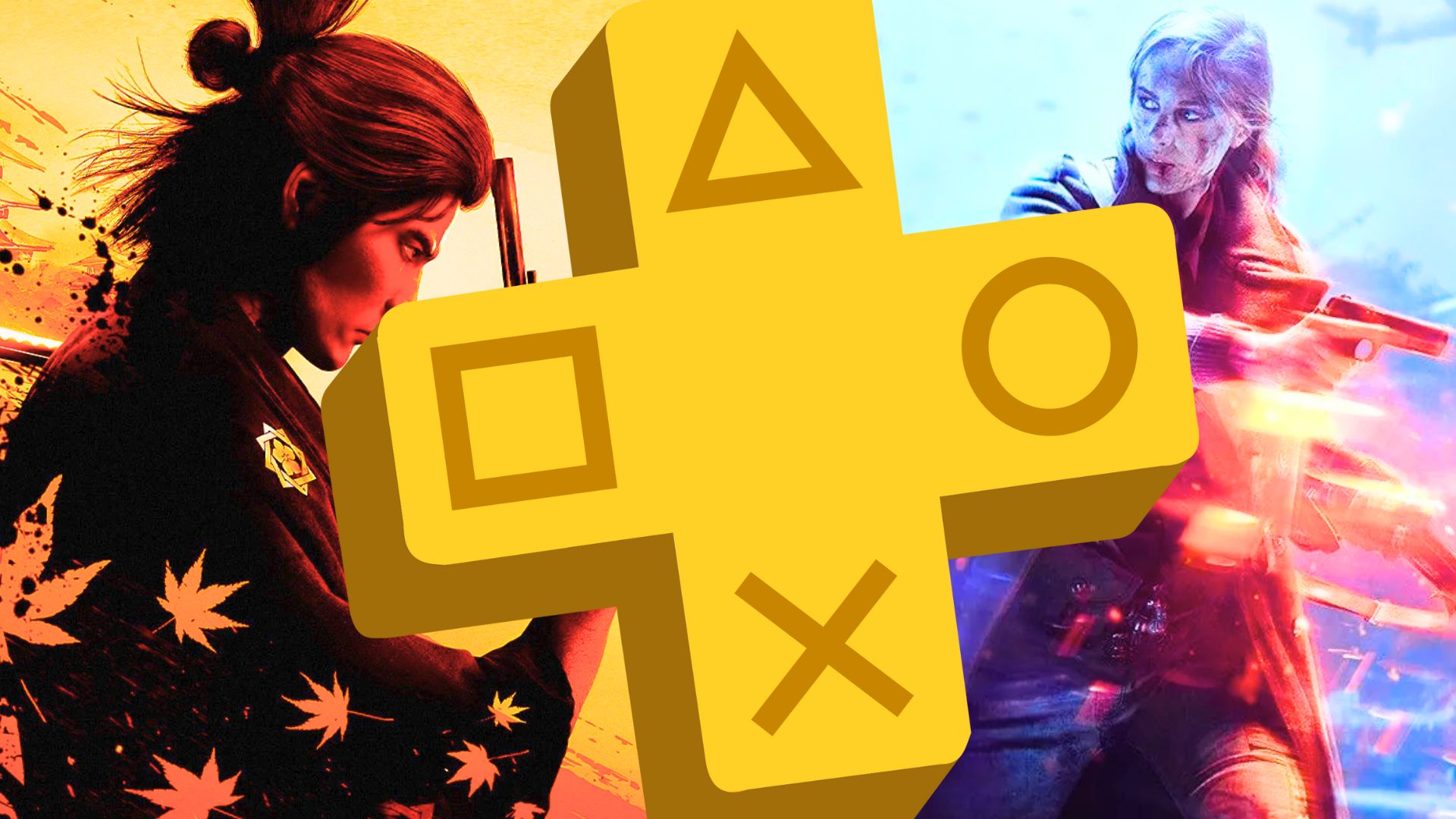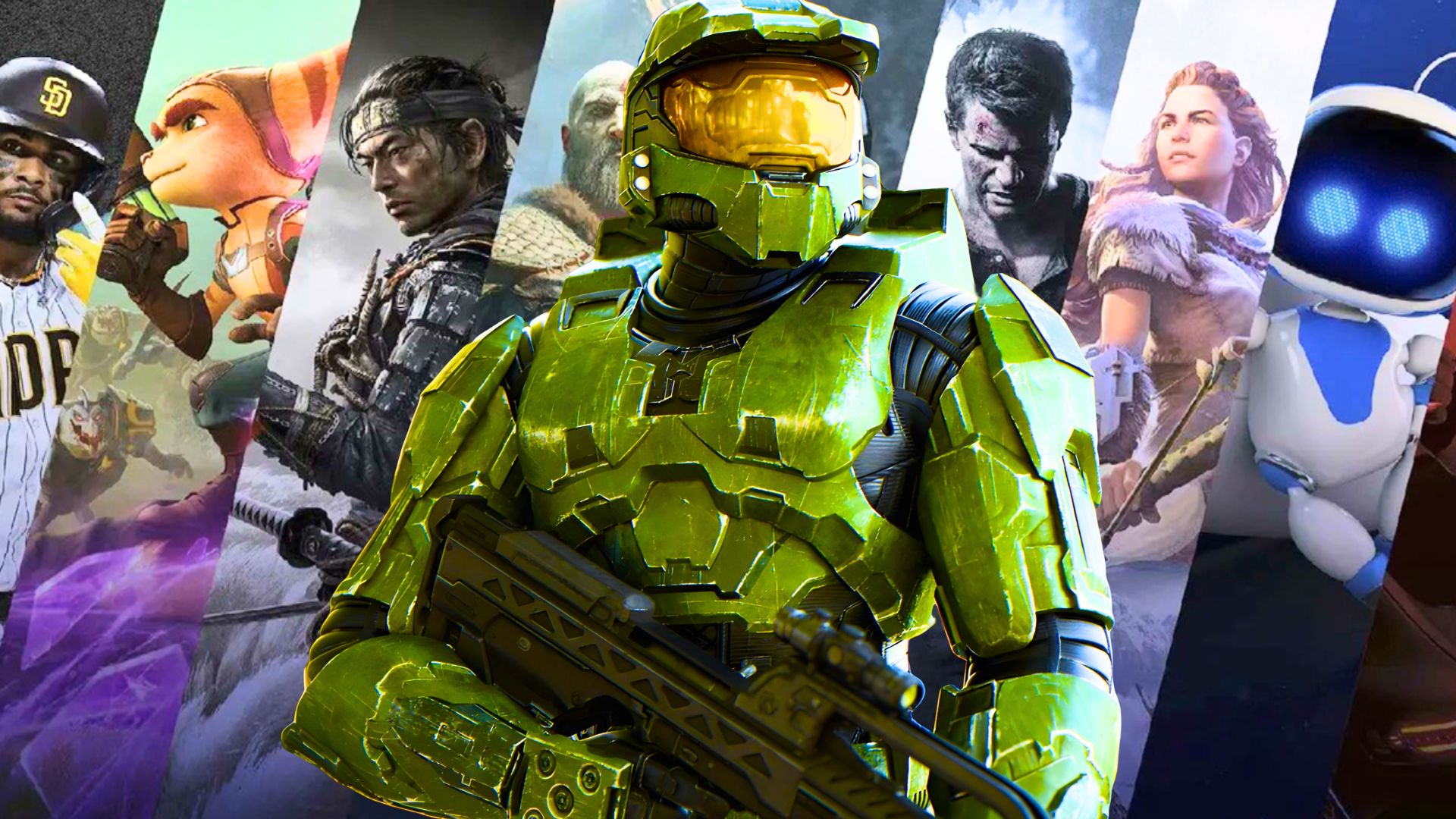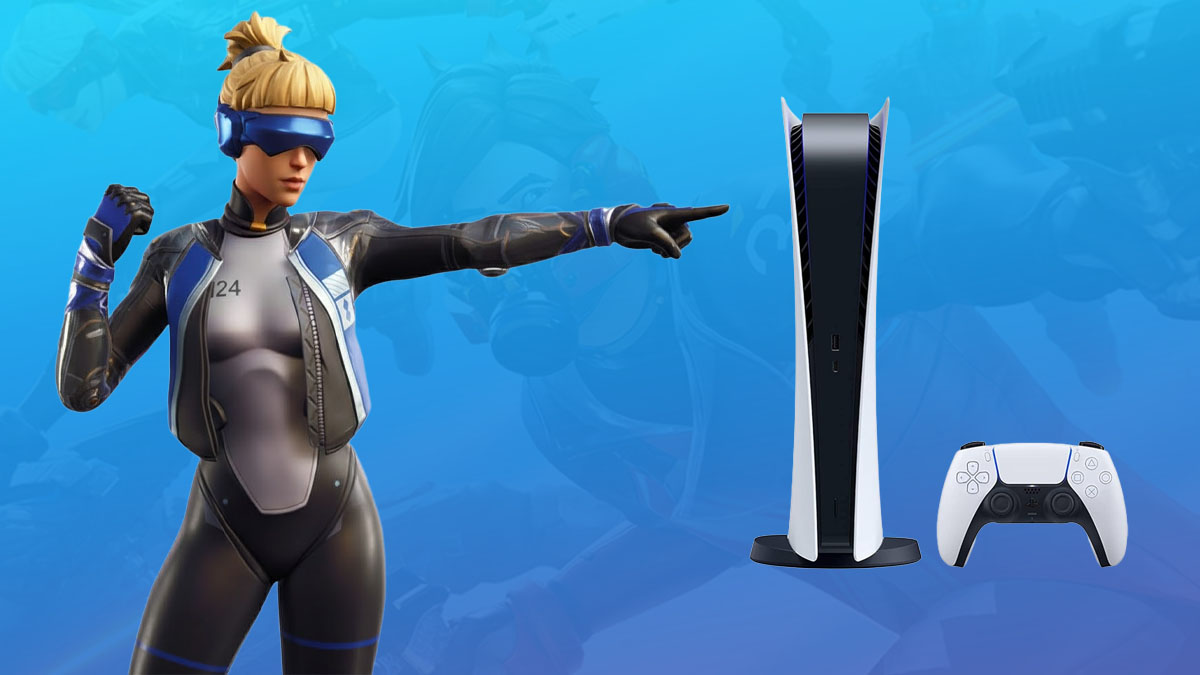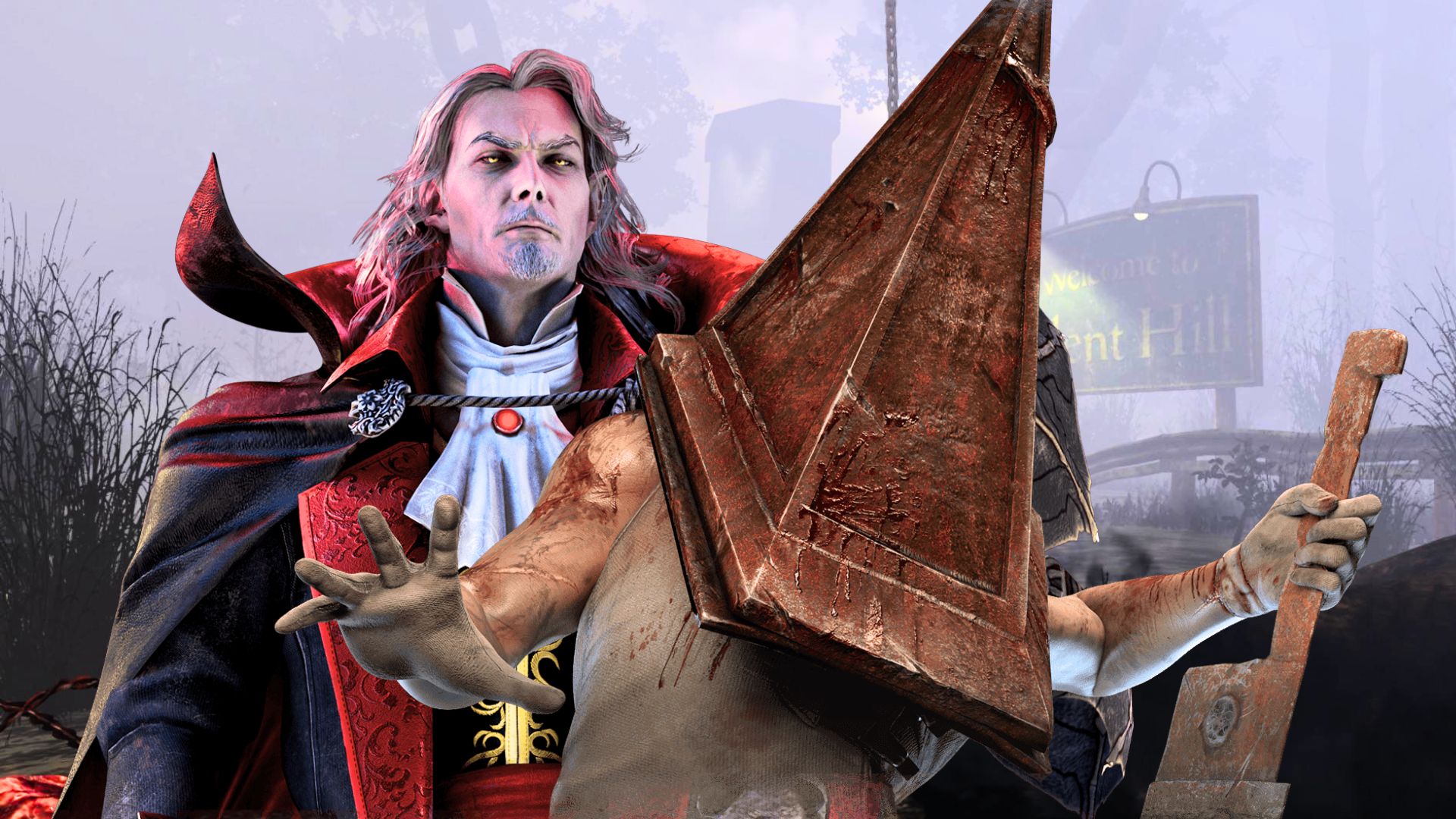You can trust VideoGamer. Our team of gaming experts spend hours testing and reviewing the latest games, to ensure you're reading the most comprehensive guide possible. Rest assured, all imagery and advice is unique and original. Check out how we test and review games here
With the recent news of the executive producer for The Last Guardian leaving to work with online social game developer Bossa Studios, we had the chance to speak to Bossa’s “gamer-in-chief” Henrique Olifiers about how this came to be, the studio’s latest game Monstermind, and why open platforms are the future.
Q: Big news hit recently when Yoshifusa Hayama, the executive producer for The Last Guardian, left that project to become creative director for Bossa Studios. Can you talk about how that happened?
Henrique Olifiers: An endless succession of lucky strikes, believe it or not. First, have got a friend in common, and that opened the door for Yoshi to pay us a visit and chat about games. Ico is one of my all-time favourites, and I’m eager as anyone else to play Last Guardian, so I wouldn’t pass the chance to meet him for anything on this planet. At that very time, we just got Monstermind into playable shape, and could back up our claims with a working game: that we were disappointed with social games as a whole and stood for changing the status-quo with real gameplay on a social platform.
Monstermind is not a total departure from social games as we know it, but it’s much, much better than anything currently out there. No bloody energy to cap your gameplay patterns. No tidal wave of pop-ups, no share this, share that all the time. Real PvP gameplay, with a consistent and inspired art style. It’s a proper game, the first of its kind on Facebook. That served to show him that we’ve put our money where our mouth is.
Once we found that we both stood for the same things, namely creativity and gameplay innovation, it was easy to convince Yoshi to join us. And so he did indeed!
Q: This seems to echo the path that Richard Garriott has taken with his own social games studio. What do you think is the incentive for major players in the industry to begin testing the waters of social games?
HO: I’ve played Ultima on an Apple II, and still have the best memories from the world of Britannia, especially as portrayed on Ultima Online (I skipped Ultima Ascension, by the way…) Knowing Lord British, he’s a man driven by making new things, stuff people can fall in love with. I expect big games from his studio, there’s a lot of space to innovate in the social space. I truly believe the best game ever made could and should appear on Facebook – a multiplayer platform where all your friends are already on, right now.
That said, not everyone is driven by this impetus. I like to think my team is. I certainly am. But what motivates most people to jump on the social bandwagon is an easy kill, the opportunity to make money fast with small development cycles. I don’t like this; I think it’s suicidal, akin to what happened to the 80’s Big Videogame Crash that took the whole industry down. Back then everyone and their mother had a Space Invaders clone published, and that flood of low-quality clones wiped out consumer interest until Nintendo brought it all back with the NES. If you count how many farm or pet games there are on Facebook right now, you’ll see what I mean.
There are around 400 million players on Facebook and that number is clocking up, so they can’t be ignored. They’re bigger than all PS3’s and Xbox 360’s players added together! These social gamers are people who could do with better, deeper, more interesting games. That should be enough to get major players interested in the platform to begin with, and then seize the rewards for work well done, i.e. great games released. Some companies like EA understand this, some like Activision still don’t. I think it’s stupid not to look at social networks as a huge platform that could work with great multiplayer games.
Q: Can you describe what Hayama will be working on in the future for the company?
HO: Our next game is fully 3D, not for the sake of it, but because the type of game we’re working on plays better that way. Yoshi’s experience on this area is colossal, from Shenmue to Shadow of the Colossus, he was involved with projects that broke the mould and brought something new, fresh, inspiring. I hope his experience will lead the team to create an awesome universe where players can feel immersed in, and have fun playing on.
Formally, Yoshi is leading the art of the game, and coordinating game design alongside Mike Bithell and Imre Jele. This is a dream team that will hopefully create a title with a lot of content, framed by great art style, with easy to grasp mechanics that don’t alienate newcomers to the genre.
Q: Could you talk about your game Monstermind for anyone who hasn’t heard of it?
HO: Yep, my pleasure! Monstermind is our first game as a studio, a crossbreed between a city-building and tower defence, where you have to create your town strategically to defend it against giant B-movie monsters relentlessly attacking it. The twist is that those monsters are launched by your Facebook friends, and once you defeat them, you can unleash your very own creatures against your friends’ cities. It’s about building, defending and attacking, with a long-term approach rather than the short-term experience you get from most RTS you’re used to.
Q: This is being marketed as an “anti-social game” in terms of play-style. But how does this specifically differ to any other Facebook title available?
HO: There are a few ‘firsts’ on Monstermind compared to its peers on Facebook. It’s realtime multiplayer, meaning that you can see exactly what your friends are doing to your city if you happen to be online at the time, and react to it accordingly by launching nuclear missiles, directing tanks and so on. You would be surprised to hear it’s the only one in the platform currently doing it.
Then it’s PvP. You can (and should) attack your friends rather than sending them cows, chickens or whatever. It’s about trumping them, showing who can defend and attack the best, instead of using friends as cheap resources to beg for items or help. A battle of wits where most of the action takes place between you and your mates, making the whole experience more meaningful.
Q: Many hardcore gamers are skeptical about the likes of Zynga. Do you feel there’s anything lacking in the current model of Facebook games?
HO: To be perfectly honest, I don’t think it’s a matter of what’s lacking; simply there isn’t anything there for hardcore gamers, at all!
Q: How do you imagine social games changing within the next five years?
HO: I hope social games start evolving towards multiplayer experiences as we know them, such as MMORPGs, team-based action like Left4Dead to Counter-Strike, crazy new stuff like you find on Demon and Dark Souls; and something new I have never heard or thought of.
It’s a multiplayer platform. All your friends are there already connected to you, online a lot of the time. It’s much better than hoping they own the same console and game as you; all they have to do is click and play with you, there’s no barriers. That can power games like never before, and open up game design to a whole new universe of possibilities.
It’s awesome. It just has to be used for good!
Q: Hayama stated he sees the developments in Flash 11 as one of the primary reasons social games can be as good as console titles. How do you expect this advancement to affect your games in the future?
HO: It’s not just Flash 11, it’s HMTL5, Chrome’s Native SDK, Unity and Unreal getting to export to Flash 11 too and so on. There’s a big, big change around the corner, one that will see browsers capable of delivering experiences similar to those we’re used to on current-gen consoles or big PC rigs.
All these technologies will affect how we create games, as they are tools of the trade. That said, not all technology in the world can save a stinker of a game, so game design will always be king. It’s just that we can do it better with cooler tools!
Q: Do you imagine Bossa will attempt to create games for major console platforms at any point?
HO: You mean the current generation, PS3, Wii, 360? No, not at all. We’ll keep on the lookout to see what the next gen will bring, but if they want more focus on tech specs rather than usability and accessibility, I don’t think it will be for us.
I hate the fact you cannot play a game on the PS3 against the same game on the 360 or PC. Walled gardens in a world where people are freely connected all the time is just a dumb idea that limits what is achievable. Valve is bang on: proprietary stuff is madness, we should be moving to more open platforms, to interoperability, bringing everyone together. If this is not the motto for the big console manufacturers, not only will we not be there – they’re likely to die a horrible premature death, the kind of which I think the Vita will suffer from.
I may be horribly wrong, though… so don’t make bets based on my predictions!
Q: Do you believe major publishers need to take these titles seriously and push even more in the direction of social titles than they already do?
HO: If they go for it seriously, taking social as a platform that deserves the same care, depth and professionalism they dedicate to consoles, yes. If they go for replicating what’s already there for quick cash, being cheap and shallow, no thanks.
If you pick a book or an article about the best games ever, you’ll see them spawning a myriad of platforms, despite the manufacturers and fanboys’ best efforts to believe one platform holds it all against another.
It’s all about the games, it has always been, no matter what the platform they run on. Incredible some people still don’t get it, after all these years!
